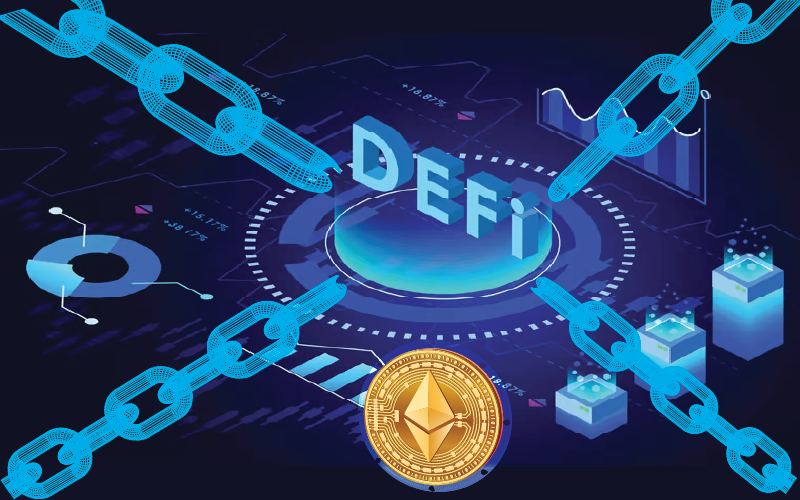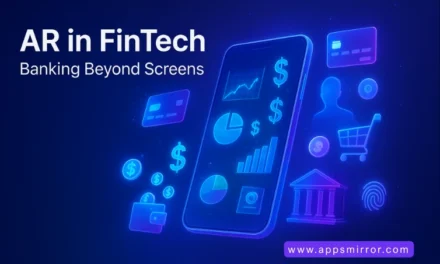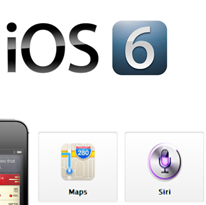Blockchain technology has progressed from merely a Bitcoin platform created by Satoshi Nakamoto in 2009 to a potentially revolutionary technology that provides enormous value to businesses across multiple industries. This technology is making waves in India, in addition to the government’s significant plans to incorporate it into other areas.
How can Blockchain revolutionize India?
The transfer of land records, automated customs enforcement and compliance, hospital records, public service delivery, virtual certificate management, e-sign solution, vehicle registrations, agriculture/pharma supply chain, charitable donations, e-notary services, e-voting, duty payments, and more are the main areas where blockchain technology has immense potential in India.
Defi and Its Impact
Due to the lack of centralized control, DeFi enables the autonomy and customization of operational activities between parties without using an intermediary.
Many business functions are also automated in DeFi by using Smart Contracts, a programme that ties contract conditions so that they automatically stand executed when completed. This also resulted in the development of Non-Fungible Tokens (NFT).
Central banks worldwide use the blockchain-based digital currency known as Central Bank Digital Currency (CBDC). This would bring the market and how-to-market currencies designed by DeFi into sync with the centralized CBDC, which is digital money used by banks.
Blockchain, DeFi, and the Insurance Industry
The insurance industry is one of the essential DeFi and blockchain application use cases. As can be seen, today’s insurance system is burdened by complicated paperwork, audit systems, and processes. Using blockchain-based intelligent contracts could significantly boost industrial productivity in such a case.
The Advantages of Using Blockchain and DeFi
The increased adoption of DeFi has fueled the growth of DeFi-based prediction platforms, where individuals can exchange value by correctly predicting the outcomes of future events. Furthermore, the general public can validate and verify all blockchain transactions.
Payments can be scaled more quickly, affordably, and effectively by utilizing virtual currencies and distributed ledger technology. Even central banks are experimenting with Blockchain due to the potential time, money, and effort savings. It can also aid real-time gross settlement between independent, commercial, and central banks.
As KYC has become a requirement for financial services, blockchain technology can assist banks in streamlining their KYC procedure. It can automate client identification while lowering fraud and improving real-time authentication by providing a single digital ID source and other related information. It also allows for the simple exchange of documents between banks and other sources.
Final Thoughts
Blockchain and DeFi are considered more secure and effective technological sources by the financial services sector. As a result, as more people enter the digital asset industry, DeFi and Blockchain will develop new features and improvements in terms of scalability and security.





